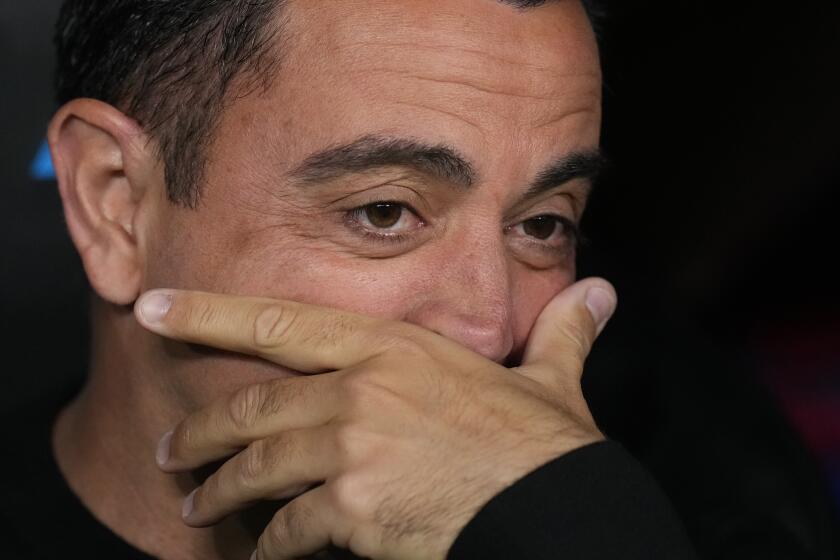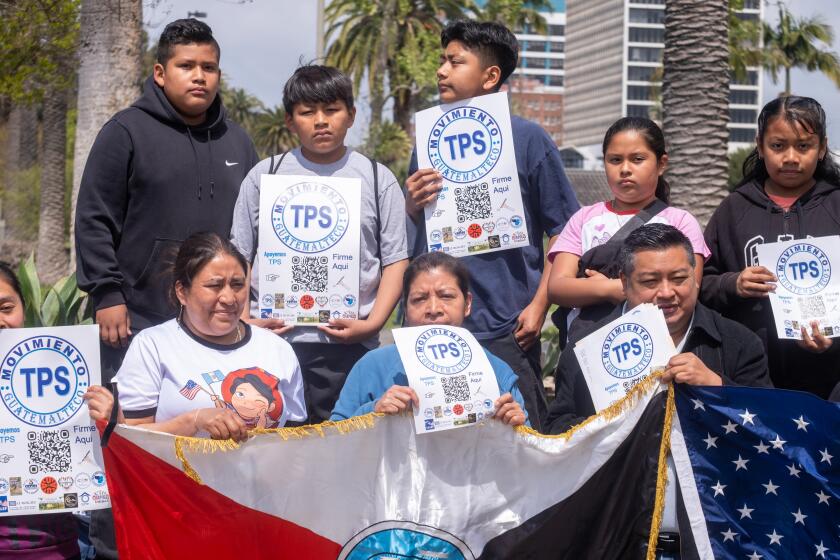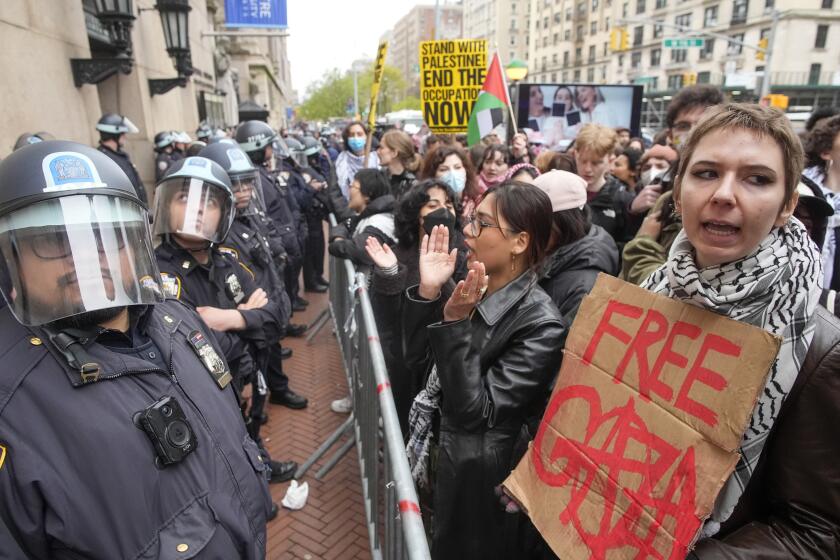Without its leader, and 20 years on, Chavismo is crumbling
The so-called Bolivarian Revolution that burst like a tsunami upon Venezuela in 1999 and brought the country’s old political system crashing down, just 20 years later has been crumbling after the death of its “commander” and founder, Hugo Chavez , despite the official line that predicted its eternal life.
Chavismo - the movement with which Chavez had tried to topple the Caracas government in 1992, six years later finally making it to power in elections - has gone from high to hangover now with numerous desertions from leadership and party ranks, accusations of betrayal and less and less power to motivate the public amid the urgent crisis besetting the country over the past six or more years.
It’s no longer presumed that the heirs of Chavez make up a “monolith” - deserters and expelled members have opened up separate shops and criticize the government anywhere they can, while the common people are jettisoning their faith in the movement amid the economic and social mayhem that prevails.
The causes are varied, but the regime’s horrible economic management in what could be and should be Latin America’s richest country - with its tremendous oil reserves - has destroyed any illusion of progress.
This has been especially so during the administration of Nicolas Maduro , who admittedly has governed during a period in which oil prices have plunged and production has cratered at PDVSA, the state-run petroleum company and the country’s main economic engine.
“It’s simple, they did it badly,” dissident Chavista Nicmer Evans, now allied with the opposition, told EFE regarding the management by the government of Maduro, a 56-year-old former unionist who has led the nation since 2013 and whose presidency now is not recognized by a large part of the international community.
Under his mandate, the Venezuelan economy has contracted by more than 50 percent, according to figures published by the opposition-controlled Parliament, and the economic disaster has smashed the hopes of social mobility that had entranced Chavismo’s initially ardent supporters.
Evans also cited Maduro’s lack of charisma, a sharp contrast to the way power was exercised by his mentor - the endlessly bombastic and narcissistic, yet charismatic, Chavez himself - who governed from 1999-2013 until his death after a long battle with cancer.
“If (Maduro) would have been good with people, even with the chaos in the economic structure and the human rights violations, ... the people would be defending him. That ended with Hugo Chavez,” Evans said.
Maduro’s lack of charisma has been costing him with former supporters at the polls, losing the movement more than 600,000 votes in 2013 and 1.3 million in the May 2018 elections, which he ostensibly won handily amid charges of illegality and fraud since the main opposition candidates were not allowed to participate.
This has been the argument relied on by Parliament in supporting the chamber’s president, Juan Guaido, who recently proclaimed himself interim president, sparking new protests in which anti-Maduro demonstrators are calling the Chavista leader a “usurper.”
Meanwhile, more than a dozen countries around the world - albeit not China or Russia, which still support Maduro - have called the “elected” Caracas government illegitimate and have swung their support to Guaido as the man to begin to get Venezuela out of its mess.
Now, at the regime’s 20-year mark since Chavez was first elected, the movement he founded is on the ropes due to the immense domestic and international pressure, which appears to be growing.
Instead of digging in, however, the Chavista base seems to be viewing the crisis with apathy, a crisis that threatens to dynamite the regime and the political current that had dominated Venezuelan politics.



